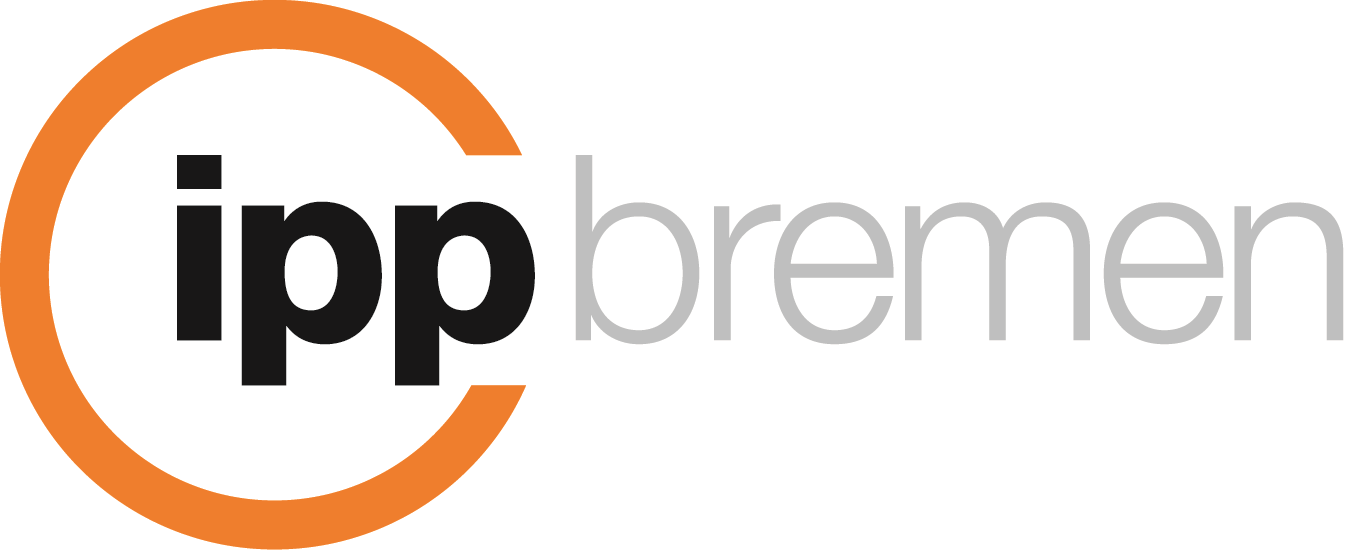Project Details
INDIKA - Indication-specific regionally coordinated post-inpatient long-term care for people with stroke and people with dementia after stroke in Berlin-Pankow
Description
INDIKA aims to improve the quality of post-inpatient care and counselling for people with stroke and people with dementia after stroke (PWD/D) and their relatives through regional, local and quality-assured networking. Building on the existing structures of the Qualitätsverbund Netzwerk im Alter - Pankow e.V. (QVNIA e.V.) in the area of health and care, a trans-sectoral care pathway is being developed and implemented within a regional health and care network. This is carried out across sectors and professions with the actors of the health and care network relevant to the target group. These include doctors in private practice, rehabilitation facilities, clinics, care support centres, local authorities and self-help organisations.
The central field of action of the project is the establishment of a trans-sectoral care pathway for the implementation of binding, quality-assured, coordinated long-term care in various selected post-inpatient care settings:
Self-care by the client without the involvement of carers or professional carers
"Lay care", i.e. clients are supported in their self-care by carers
Outpatient nursing care through the involvement of outpatient nursing services
Partial inpatient nursing care through the integration of day care facilities
full inpatient care through the integration of short-term care or care in full inpatient care facilities.
Indication-specific quality requirements for care-relevant care processes are being tested and evaluated. In future, these will be available to the care sector as scientifically based quality indicators and binding guidelines for action in the networked care of people with stroke and people with dementia after stroke.
Aim of the scientific evaluation
The systematic and independent evaluation is intended to open up the possibility of identifying individual concept elements that are being tested in the pilot programme as particularly effective and making them usable for subsequent transfer into further practice.
The following research questions are being investigated by the University of Bremen as part of a longitudinal study:
Which care structures are mainly utilised by people with stroke and/or dementia?
How do care outcomes and care pathways of people with stroke and/or dementia change as a result of networked care?
How do health-related outcomes of relatives of people with stroke and/or dementia change as a result of networked care?
The project thus makes an important contribution to improving the care situation for older people with care needs following a stroke and/or dementia. Networked care also enables savings to be made in the nursing/medical care sector, as consequences such as hospital admissions can be reduced. The results obtained can also be used for subsequent research and development approaches and form the basis for a nationwide generalisation of indication-specific care structures. The project thus makes a decisive contribution to research into the care situation of people in need of care and to improving their health care in the long term.
Further information
Journal article refereed Strupeit, S.; Gräske, J.; Wolf-Ostermann, K., 2014: INDIKAtionsspezifische regional koordinierte nachstationäre Langzeitversorgung von Menschen mit Schlaganfall und Menschen mit Demenz nach Schlaganfall in Berlin Pankow - dafür steht das Akronym INDIKA, in: Alice, 25

